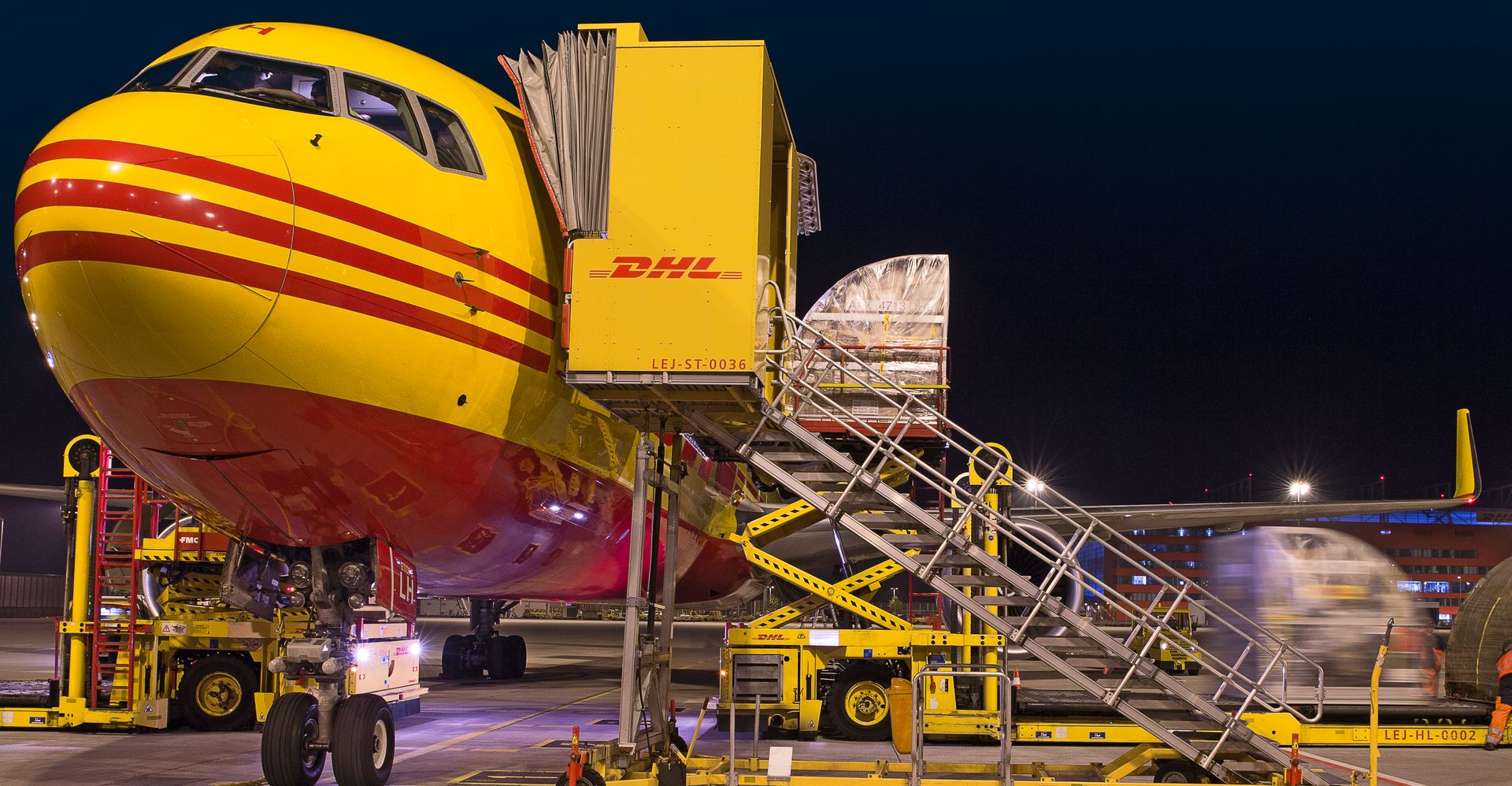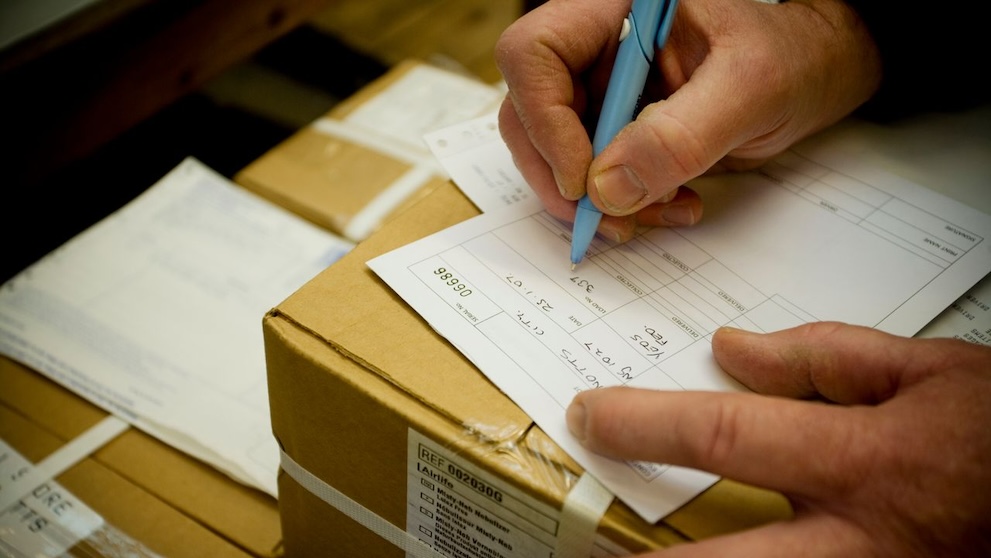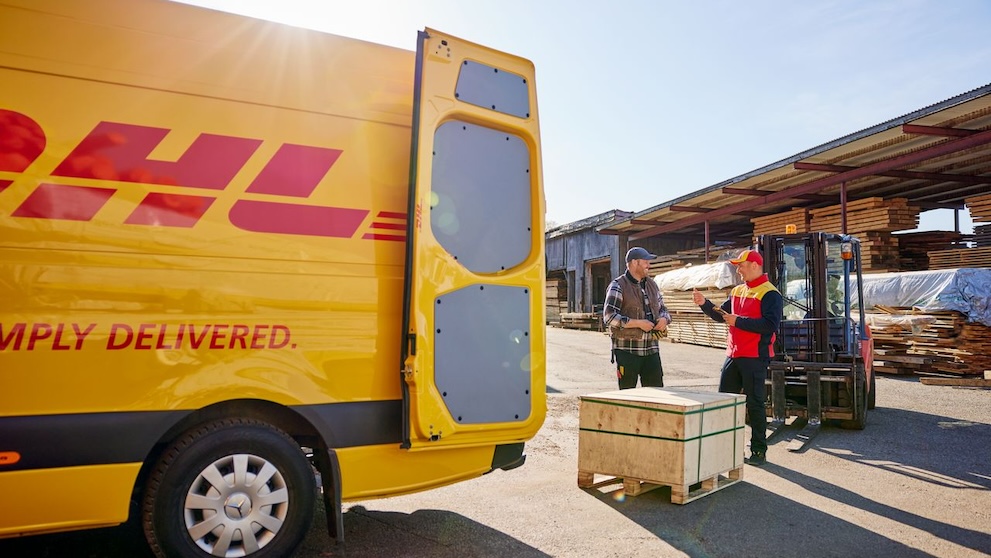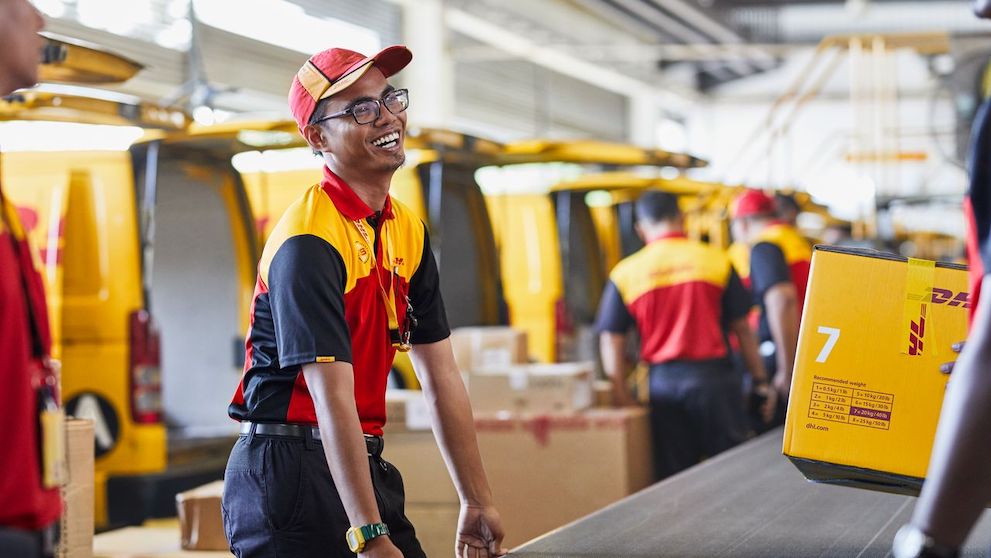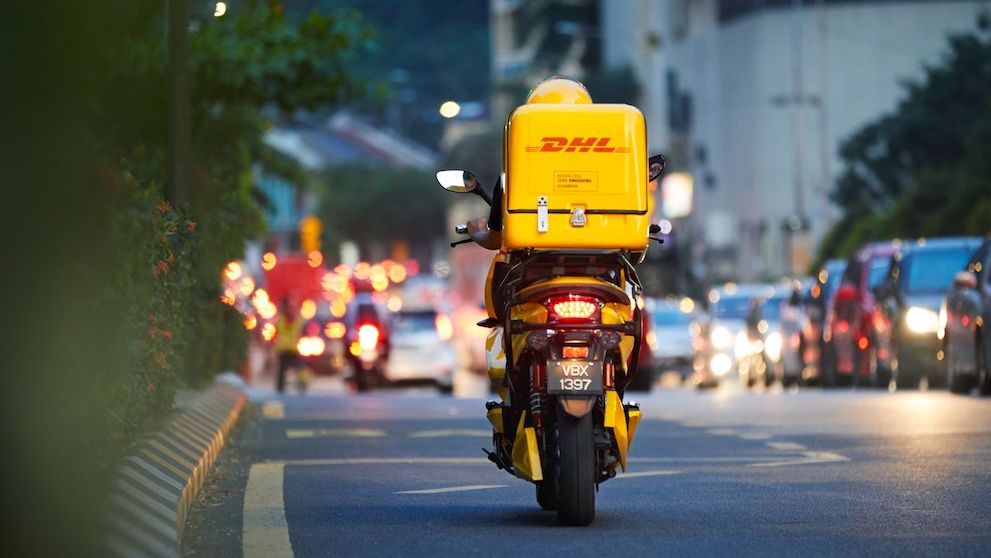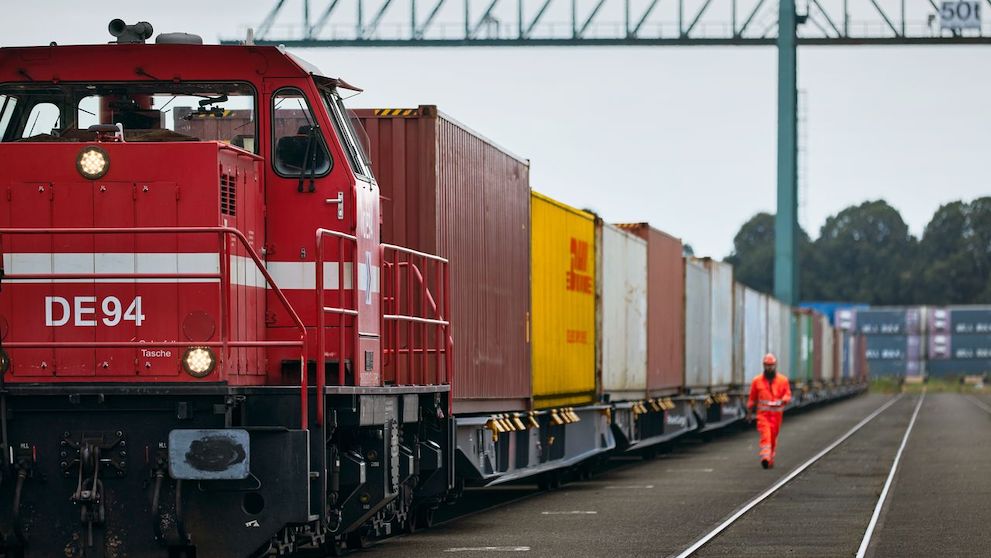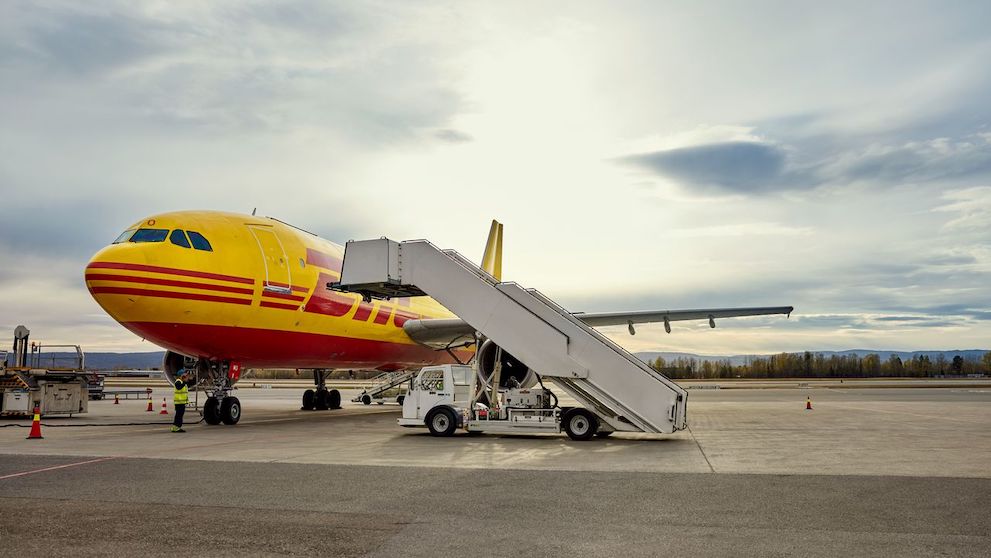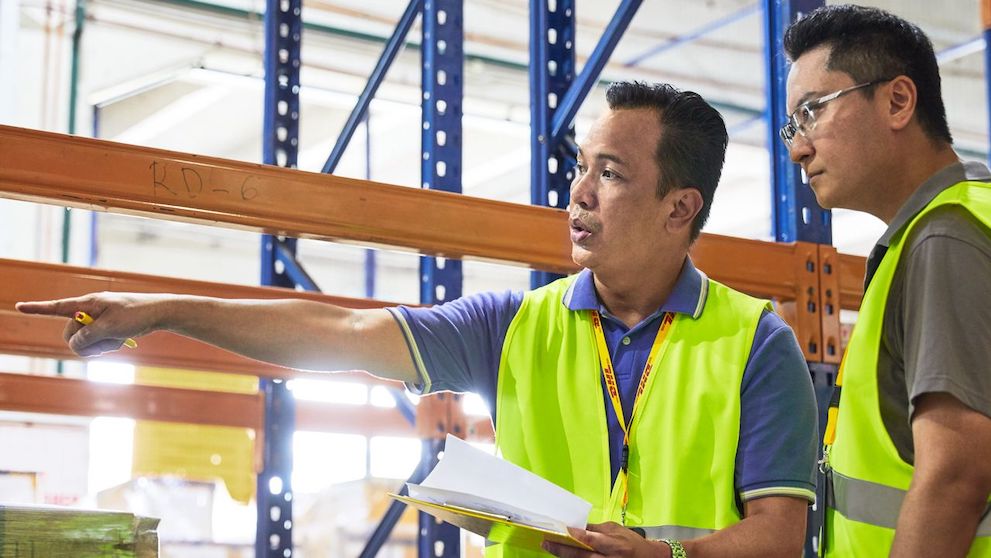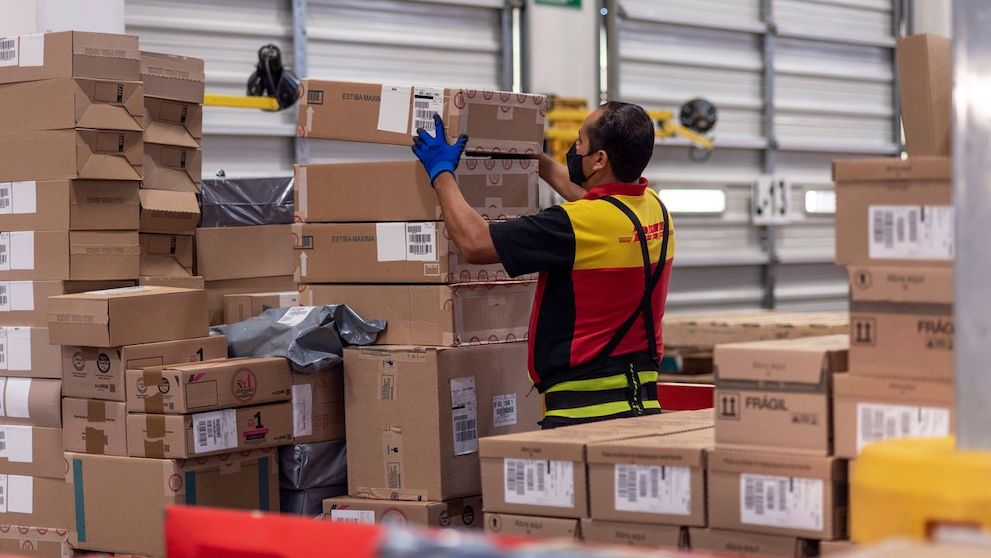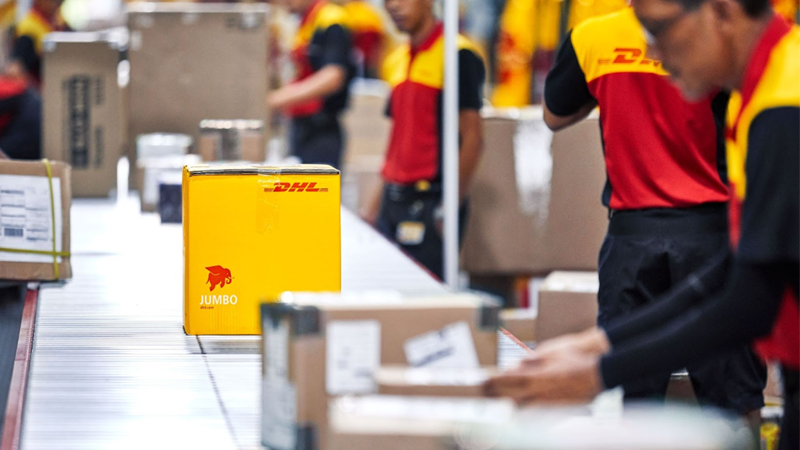In Singapore’s dynamic culinary landscape, the popularity of Chinese food is undeniable. The emergence of Chinese restaurants and supermarket chains underscores the escalating demand for authentic Chinese food experiences. This trend reflects Singapore's diverse palate and presents a lucrative opening for local businesses to seize upon – the opportunity to ship food and snacks directly from China.
However, navigating the complex landscape of importing food into Singapore requires adherence to customs regulations and understanding the necessary documentation and processes. This guide unveils the intricacies of importing food from China to Singapore, navigating through regulations and documents to equip local businesses to tap into the ever-growing market for Chinese food.
1. Adhere to China’s export and customs regulations
The path to importing food from China to Singapore begins with thoroughly reviewing customs regulations. First, local businesses must initiate their venture by registering with China Customs and securing essential permits.
Typically, food products from China do not necessitate an export permit. However, a critical exception arises when dealing with food items enlisted within the Merchandise Directory of Export Permit. This directory, collaboratively issued by the Ministry of Commerce (MOFCOM) and the General Administration of Customs, outlines the scope of products requiring an export permit. Such products encompass commodities like corn and corn powder, wheat and wheat powder, rice and rice powder, and livestock – both live and frozen meat products.
2. Prepare documents needed to import food from China
When planning shipments from China to Singapore, prioritising the collection of essential documents is crucial for a smooth and compliant shipping process. These documents are vital for ensuring accurate customs declaration, regulatory compliance, and seamless logistics coordination. Properly preparing and presenting these documents will facilitate efficient customs clearance and contribute to successful international shipping operations.
To ship from China to Singapore, here is a list of essential documents required:
- Export licence
- Commercial invoice
- Packing list
- Certificate of origin
- Bill of exchange
- Insurance certificate
- Purchase order or letter of credit
- Customs bond
3. Check the classification of food imports by the Singapore Food Agency (SFA)
Businesses seeking to import and sell food in Singapore have to follow the guidelines set by the Singapore Food Agency (SFA). Start by reviewing the SFA's food classification according to the General Classification of Food & Food Products. This classification system, tailored exclusively for food, delves deeper than the Harmonized System (HS) code. For instance, consider the import of chicken: while both chicken breast bone-in chilled and chicken thigh bone-in chilled share the HS code 02071300, they differ in their product codes – MCC002 and MCC005, respectively.
The SFA lists prohibited food items that cannot be imported to Singapore that businesses should look at before importing food from China. This list helps importers identify whether the desired product you wish to import can be introduced to Singapore, along with specific conditions and requirements of its category.
Examples of items that fall within the purview of restricted or prohibited imports encompass fresh fruits and vegetables from specific countries, chill-shucked raw oysters, and select varieties of meat. Another crucial consideration is to guarantee that all potential food imports possess additives and ingredients approved by the SFA.
4. Apply for relevant permits and licenses
In order to import and sell food from China in Singapore, there are certain permits and licenses businesses must apply for such as:
- Begin the application process for a Trader's License: After acquiring a Unique Entity Number (UEN) through the Accounting and Corporate Regulatory Authority (ACRA) registration, businesses can initiate the application process for a trader’s license dependent on the category of the imported food product. This procedure is facilitated through the GoBusiness Portal. Notably, the trader's license is obligatory and necessitates annual renewal.
- Application for import permit through TradeNet: Post-compliance with the pre-import prerequisites, the next stage involves applying for an import permit through the TradeNet platform with essential documents such as the bill of lading and commercial invoice.
- Check if you need to apply for additional permits for fish imports: For those aiming to import specific fish species listed under the Convention on International Trade in Endangered Species of Wild Fauna (CITES), like sturgeon or seahorses, a supplementary process is involved. This entails acquiring CITES import permits from the SFA, complemented by the acquisition of CITES export permits from China.
5. Follow import regulations by the SFA
To guarantee a seamless and compliant import process, businesses need to adhere to other SFA regulations including:
- Compliance with relevant food legislation: Imported food items have to comply with the SFA’s food legislation such as the Wholesome Meat and Fish Act
- Ensure you follow the SFA's labelling requirements: Before importing pre-packaged food, businesses must follow the stipulated labelling requisites by the SFA. This compliance extends to the import, advertising, manufacturing, sale, consignment, and delivery of food products.
- Confirmation of approval and import fees: Upon obtaining approval from the SFA, businesses will be given the Cargo Clearance Permit (CCP). However, for each consignment of imported food, the payment of import fees remains a requisite.
- Set up an inspection for food imports after arrival: Food imports may need to undergo routine food safety inspections after they have arrived in Singapore, inclusive of laboratory analyses to guarantee compliance with rigorous food safety regulations.
Partner with DHL Express to leverage opportunities in the food import sector
Importing food from China presents Singaporean businesses with a myriad of opportunities to diversify their product offerings. By following customs regulations, obtaining the necessary documentation, and adhering to the SFA's requirements, businesses can tap into the thriving food import sector. For a seamless overseas shipping and import process, partner with a reliable international shipping company like DHL Express Singapore to reduce the delivery lead time. Whether you are a restaurant, distributor or a company dealing with frozen, canned or preserved food supplies, DHL Express has the experience and expertise to assist you.
Open a DHL Express account business today and ship quality food products from China to Singapore.










